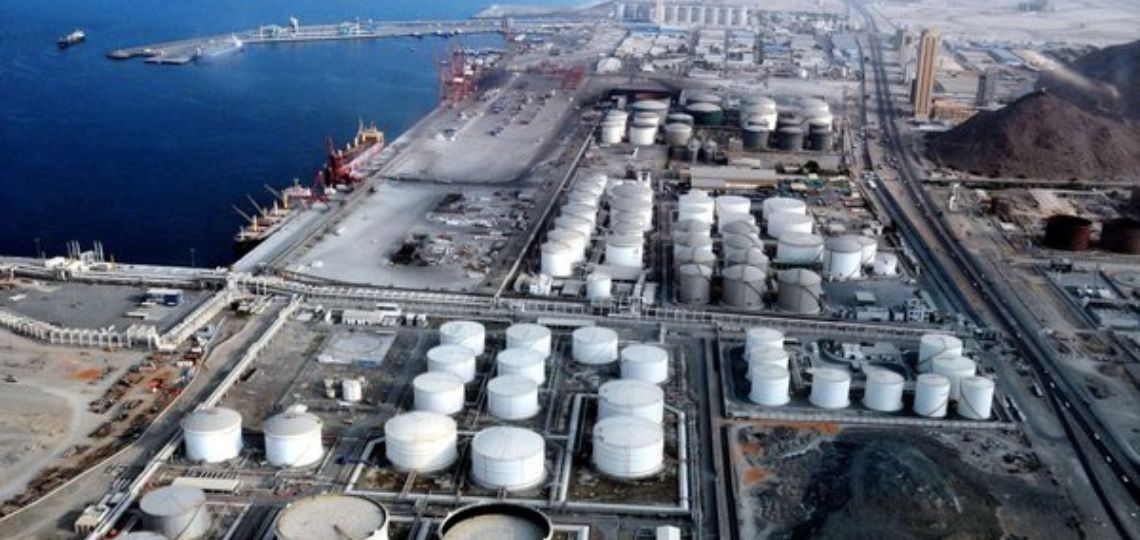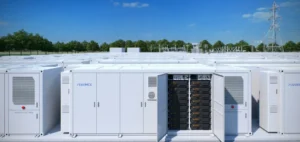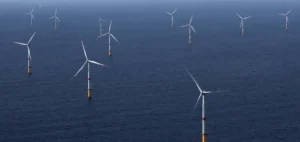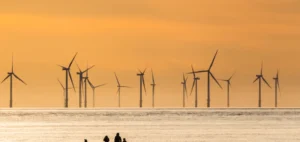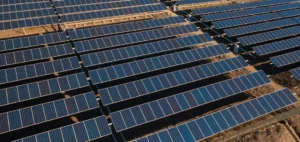Gulf Navigation, a major operator in the maritime transport and storage of hydrocarbons, announces the approval by its Board of Directors of the acquisition of Brooge Energy.
The move will significantly increase the company’s oil and refined products storage capacity in Fujairah, a strategic energy hub on the east coast of the United Arab Emirates.
Brooge Energy currently has a storage capacity of 1 million cubic meters, or around 6.3 million barrels of crude oil.
The acquisition is expected to double this capacity, responding to growing demand for oil infrastructure in the region. This transaction comes at a time when demand for oil storage remains strong, particularly in geographically strategic areas such as Fujairah, which lies outside the Strait of Hormuz.
The port’s logistical security and accessibility make it a major asset for energy companies seeking to optimize their supply chains.
Continuer votre lecture
Annuel
290€/an
Mensuel
29€/mois
- Articles illimités — Toutes nos verticales énergie et archives complètes
- Alertes personnalisées — Par secteur, entreprise ou zone géographique
- Data IndexEnergy — 200 résultats/requête sur les assets mondiaux
- Paiement sécurisé — Facture disponible
